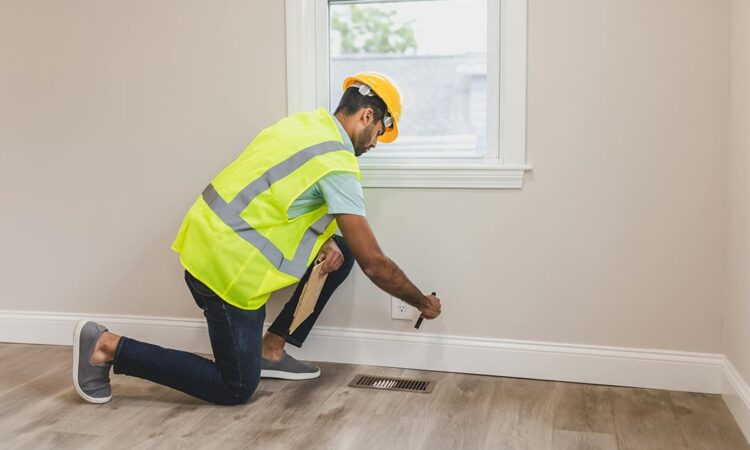Safe and stable housing is a fundamental necessity for families, serving as a foundation for well-being and development. The significance of housing extends far beyond merely having a roof over one’s head; it plays a crucial role in physical health, mental well-being, educational achievement, and economic stability. This article explores why safe and stable housing is vital for families and highlights the work of organizations like the National Fair Housing Alliance in promoting equitable housing opportunities.
Physical Health and Safety
- Health Outcomes: Stable housing significantly impacts the health of family members. Families living in safe environments are less exposed to hazards such as mold, lead, and violence. Research shows that children in stable housing are less likely to suffer from chronic illnesses, which can lead to better overall health outcomes.
- Access to Resources: Families with stable housing are more likely to have access to healthcare services, nutritious food, and recreational facilities. This access fosters healthier lifestyles and contributes to long-term physical well-being.
Mental Well-Being
- Emotional Security: A stable home environment provides emotional security for families. Knowing that they have a place to call home reduces anxiety and stress, allowing family members to thrive emotionally.
- Supportive Environment: Safe housing fosters healthy relationships among family members. When families feel secure in their living situation, they are more likely to engage positively with one another, which contributes to better mental health.
Educational Achievement
- Stability in Learning: Children who have a stable place to live are more likely to succeed academically. Frequent moves or unstable housing situations can disrupt a child’s education, leading to lower performance in school and higher dropout rates.
- Access to Quality Schools: Stable housing often correlates with access to quality schools. Families in safe neighborhoods are more likely to be within school districts that provide better educational resources and opportunities.
Economic Stability
- Building Wealth: Homeownership can be a pathway to building wealth for families. Stable housing allows families to invest in their properties, contributing to financial stability and security.
- Employment Opportunities: Families with stable housing are better positioned to pursue job opportunities. A stable address is often a requirement for employment and can provide access to better job markets.
The Role of the National Fair Housing Alliance
The National Fair Housing Alliance (NFHA) plays a crucial role in advocating for safe and stable housing for all families. Their efforts include:
- Advocacy for Fair Housing Policies: NFHA works to promote policies that ensure equitable access to housing, helping to eliminate discrimination based on race, gender, disability, and other protected characteristics.
- Education and Awareness: The organization provides resources and education to families about their rights under fair housing laws. By empowering families with knowledge, NFHA helps them navigate housing challenges and assert their rights.
- Community Engagement: NFHA collaborates with local organizations to address housing issues at the community level. This grassroots approach fosters collaboration and ensures that the voices of families are heard in the policymaking process.
Safe and stable housing is essential for the health, well-being, and prosperity of families. It affects physical health, emotional security, educational outcomes, and economic stability. Organizations like the National Fair Housing Alliance are vital in advocating for equitable housing opportunities, ensuring that all families can access safe and stable living environments.
By recognizing the importance of safe housing and supporting initiatives that promote fair access, we can create healthier, more stable communities where families can thrive. Access to safe and stable housing should be a right for every family, as it lays the groundwork for a better future.
